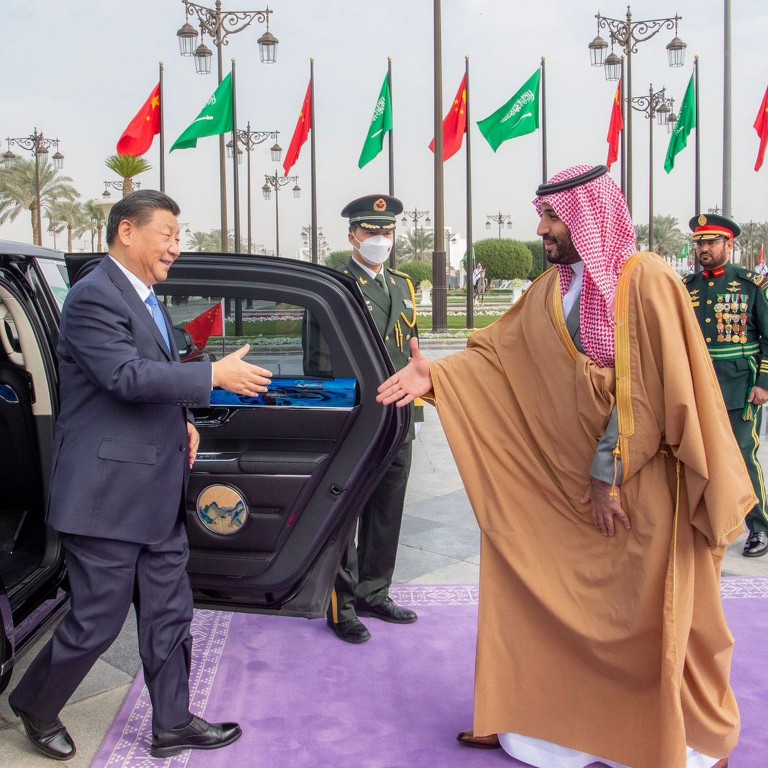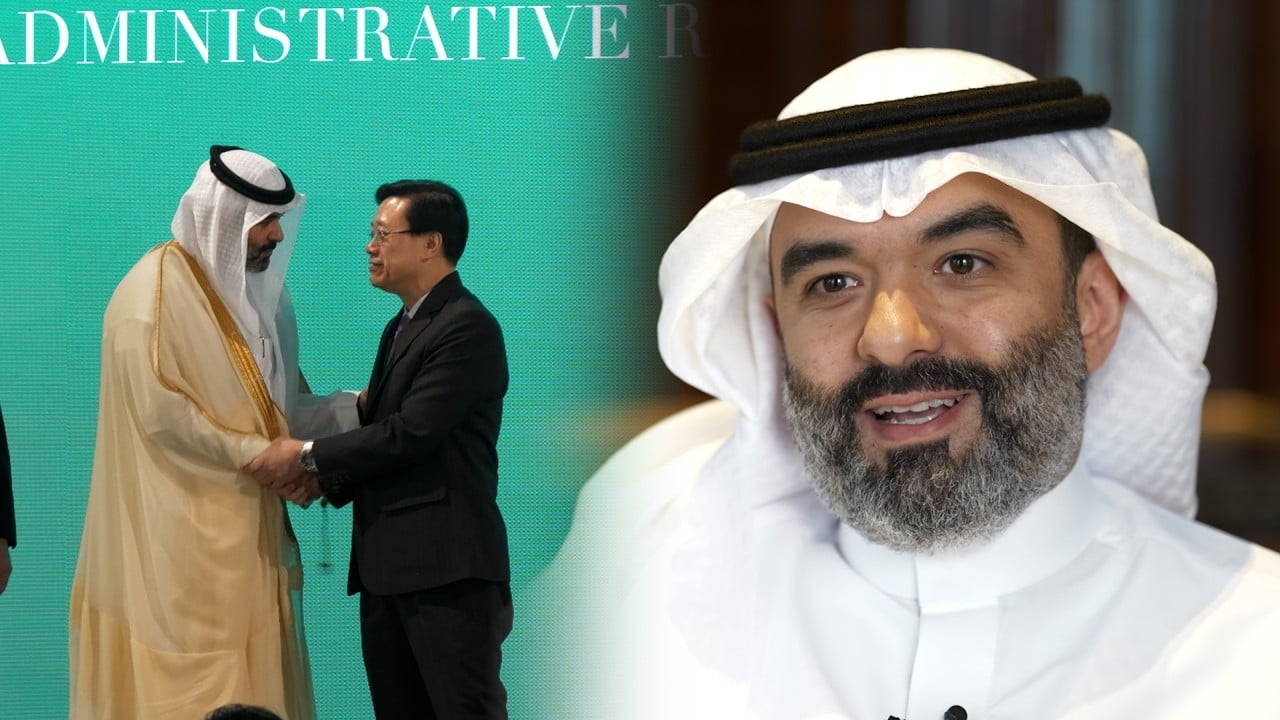
Amid US rivalry, is China’s gamble in the Middle East paying off?
- Beijing is projecting itself as an alternative to the US but how that strategy will fare in the long run against America’s political and military power remains uncertain
As China’s global standing has strengthened, however, it has adopted a more proactive approach, positioning itself as a potential alternative to the US.
For Gulf Cooperation Council countries in particular, the relationship with China is now of strategic importance. This can be seen in China’s trade with the six-member bloc, which surged from US$10 billion in 2000 to US$230 billion in 2021. China’s ability to provide infrastructure, technology and trade without political or human rights demands is particularly attractive.
China has also developed a partnership with Israel, another key US ally. Bilateral trade reached a record US$21 billion in 2022 and Chinese companies have been engaged in around 500 investment deals with Israel over the past decade, predominantly in the technology sector.
As the conflict has progressed, Beijing has adopted an increasingly one-sided approach, critical of Israel and the US.
For Israel, this dynamic creates a new challenge as it will need to manage a more complicated relationship with a less friendly China not only in Tel Aviv but increasingly also in Abu Dhabi and Riyadh.
Eight months after the Gaza war started, China’s clear and calculated shift towards a more assertive pro-Palestinian, anti-American and anti-Israeli stance reflects its evolving priorities and strategic interests in the Middle East, in which Israel has become less important. Those in Beijing are likely to be pleased with the outcome of China’s approach so far.
But the future is less certain. While China’s strategic manoeuvres in the Middle East since the outbreak of the Gaza war have garnered public support and challenged America’s influence in the region, the long-term impact remains uncertain. The region’s complex dynamics and the US’ political and military power suggest that while China’s economic power will grow, its political influence may remain limited.
That said, given its growing presence, China’s economic influence may be sufficient to achieve its strategic goals at the expense of the US, and at minimal cost. As the geopolitical landscape evolves and the Middle East becomes more important globally, the interplay between Chinese ambitions and American responses will continue to shape the region and beyond.
Gedaliah Afterman is head of the Asia Policy Programme at the Abba Eban Institute for Diplomacy & Foreign Relations, Reichman University, Israel



